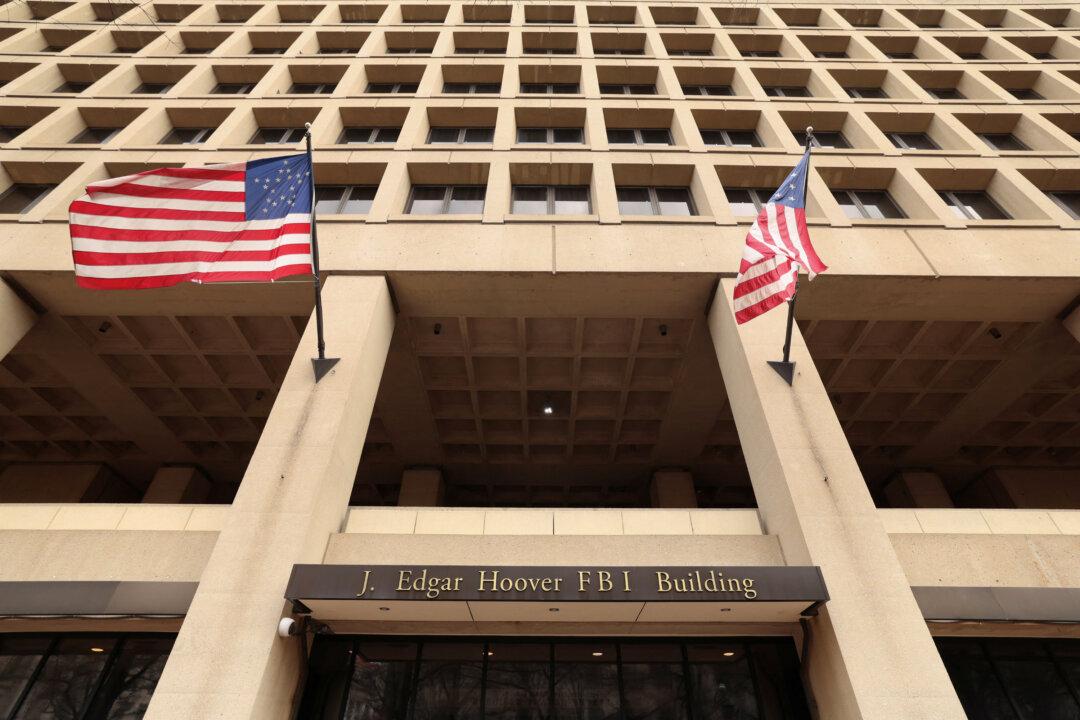Barclays no longer expects the United States economy to fall into a recession later this year and has revised up its growth forecasts following a temporary truce in the trade war between China and the United States, it said in a note published on May 15.
Barclays also raised its Euro area growth expectations, with the London-headquartered banking giant forecasting flat economic growth this year amid reduced uncertainty and an improved economic backdrop.
Previously, the bank said it anticipated a 0.2 percent contraction in the eurozone.
It noted, however, that a technical eurozone recession is still expected in the second half of 2025, albeit with growth contracting by less than previously forecast.
“Overall, we remain downbeat about the growth outlook in the Euro area because uncertainty remains very elevated and the negotiations on reciprocal tariffs between the European Union (EU) and the U.S. remain at a technical level and there are no signs of progress,” Barclays said in a note.
The revised outlook from Barclays comes after officials from Washington and Beijing said they have agreed to temporarily roll back tariffs for 90 days following a meeting in Geneva over the weekend.
The deal went into effect on May 14 and applies to tariffs levied by the United States and China since April 2.
According to officials, the United States is dropping the extra tariffs it imposed on China this year to 30 percent from 145 percent, while China is slashing its levies to 10 percent from 125 percent.
The 30 percent tariff on China is made up of a 20 percent tariff imposed earlier in the year—aimed at putting pressure on Beijing to curb the illegal flow of fentanyl into the United States—and a 10 percent baseline levy tariff that is generally being placed on all U.S. trade partners.
Separate U.S. tariffs imposed on Chinese electric vehicles, steel, and aluminum over the past several years will remain in place.
After the deal was announced, JPMorgan appeared to walk back on its earlier prediction that there was a 60 percent chance the United States would fall into a recession in 2025.
Speaking to Bloomberg Television on May 15, JPMorgan CEO Jamie Dimon lowered those changes to 50 percent, pointing, in part, to Trump’s temporary trade deal with China.






